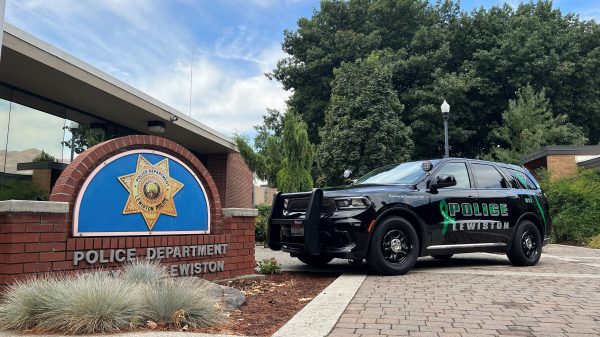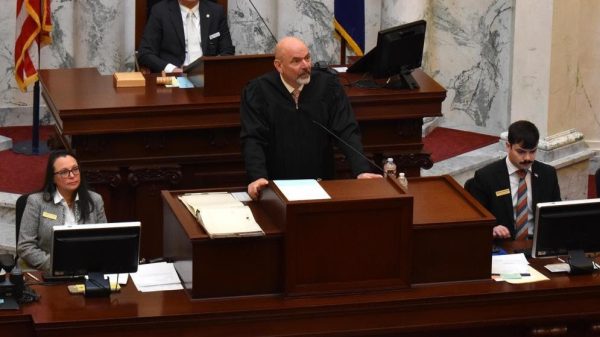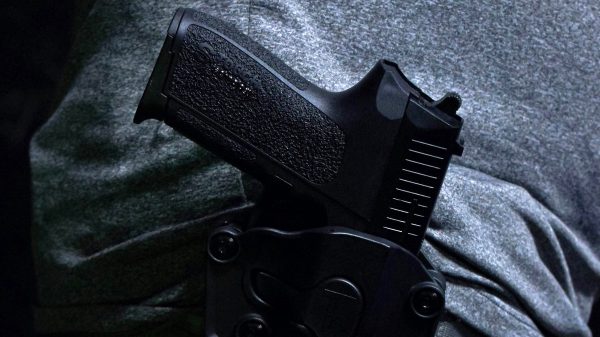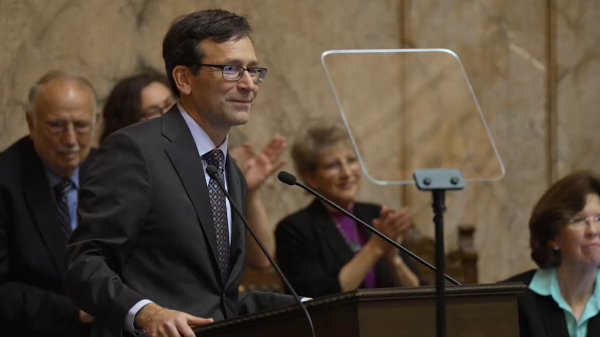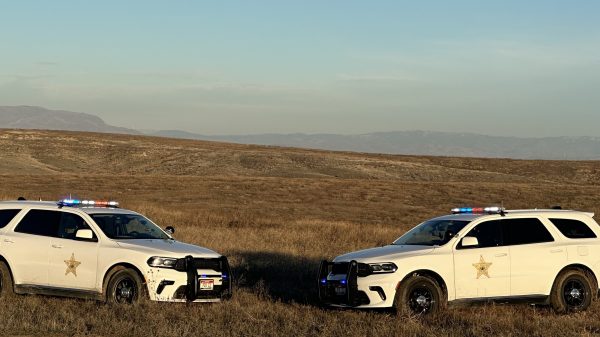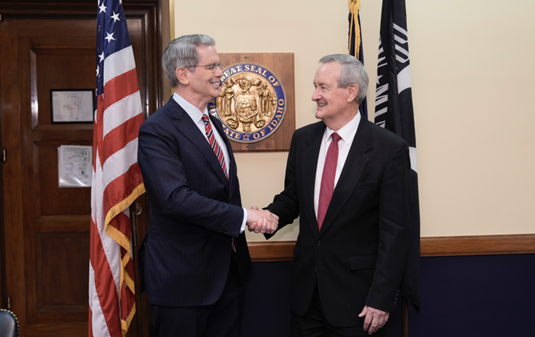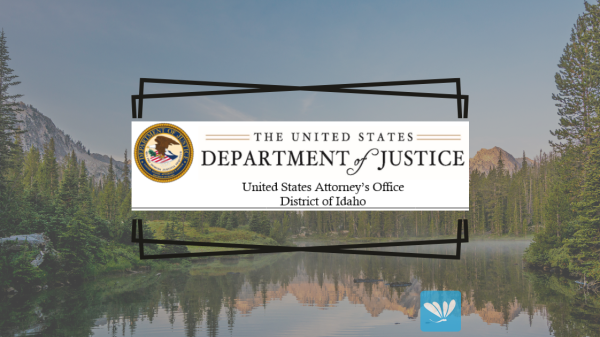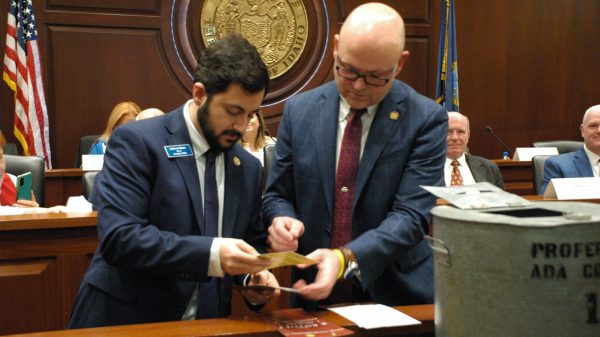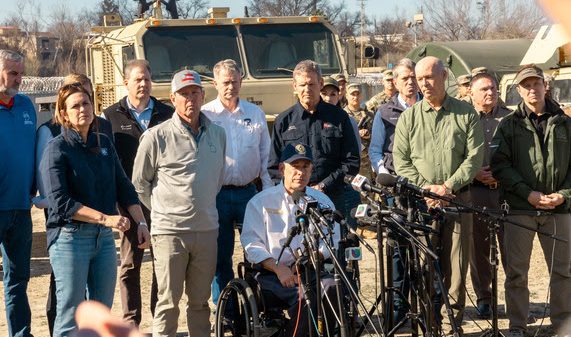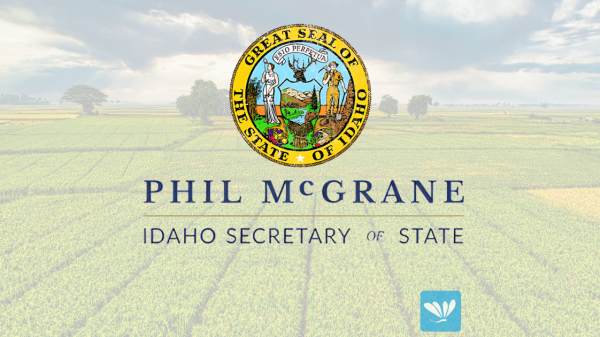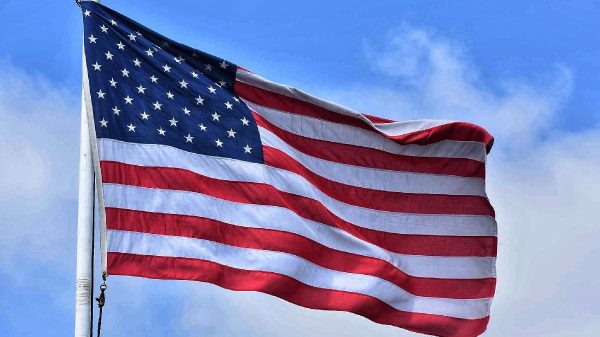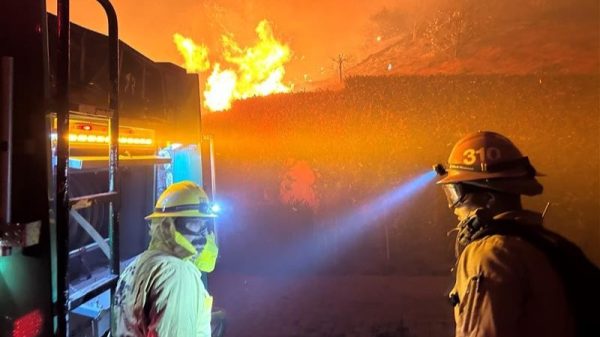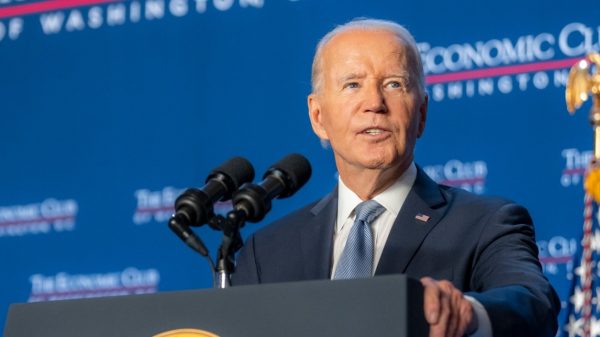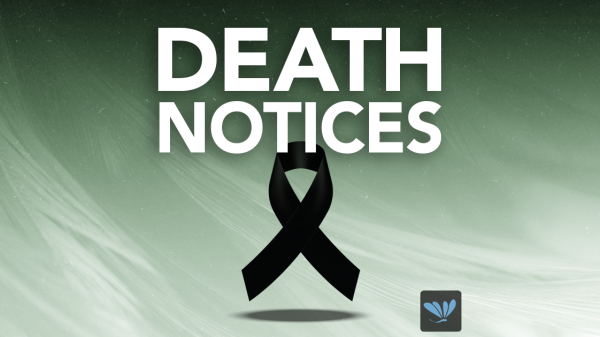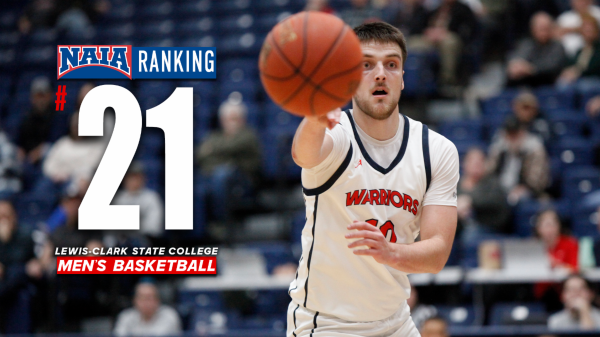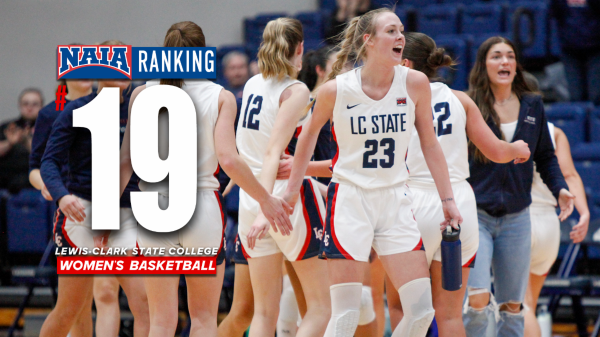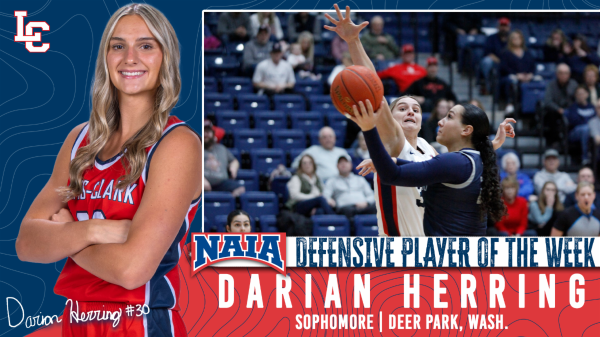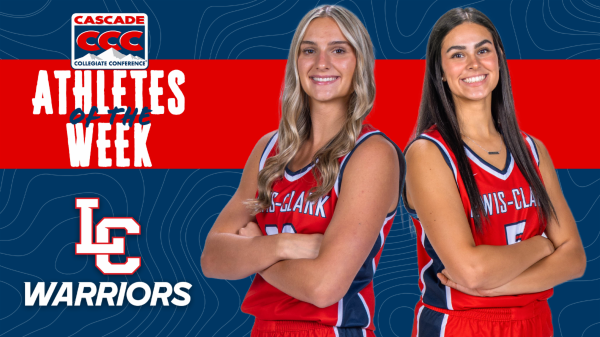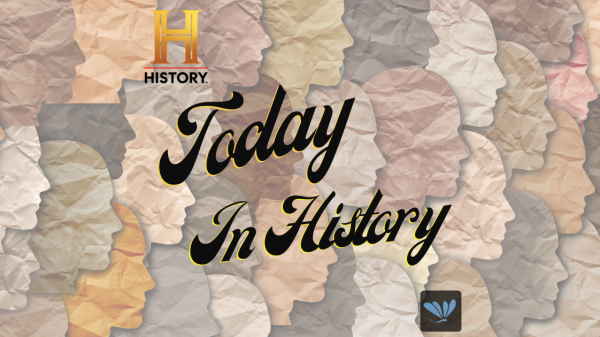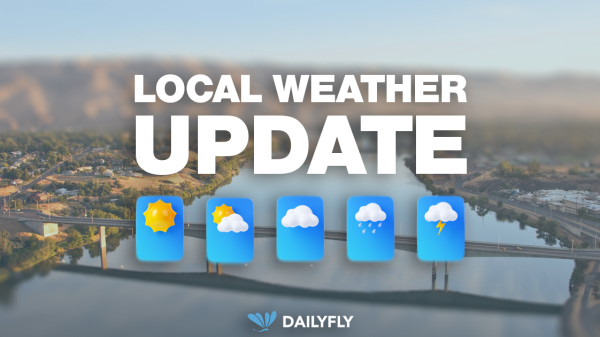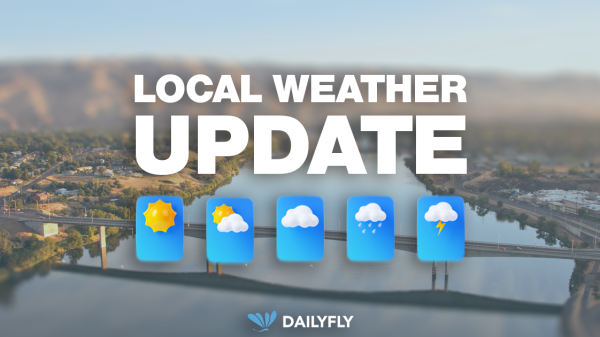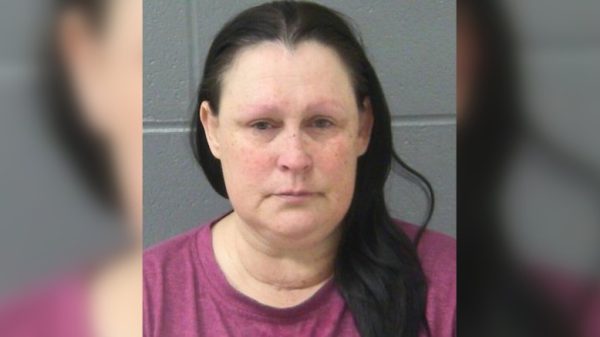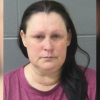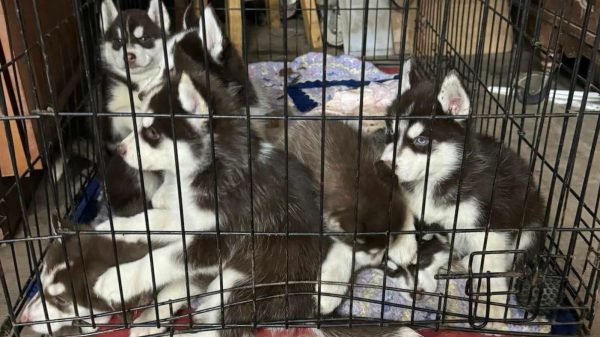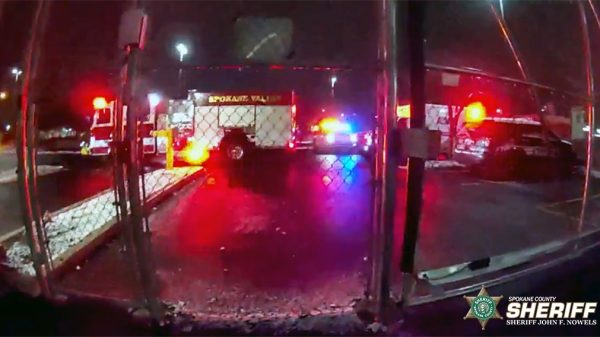
Incarcerated individuals have few personal rights, but one they do retain is the ability to create advance directive plans for their health care. Unfortunately, few know that this is the case.
A new project led by a Washington State University graduate student will educate more incarcerated people about their options as they approach the end of their lives.
“When folks are incarcerated, they lose most of their bodily autonomy and basically become property of the government,” said Tosha Big Eagle, a doctoral student in WSU’s prevention science program at the WSU Vancouver campus. “Advance directives are one outlier, but nobody tells them about that right.”
To help educate prisoners, Big Eagle recently received a fellowship from The Order of the Good Death, a group helping all people face end-of-life concerns, fears, and legalities. Big Eagle’s project will focus on ensuring incarcerated people at the Washington Corrections Center for Women (WCCW) have access to end-of-life resources.

Advance directives, or advance care plans, lay out a person’s wishes for their medical care if they become unable to make decisions or answer questions about their care. Prisons nationwide are facing a rapidly aging prison population and working to figure out how to meet their obligations to provide care.
Incarcerated people without an advance directive who cannot express their treatment preferences don’t have input in their medical care, Big Eagle said.
She will work with WCCW staff to establish a “death café” at the prison. The café, which is not a new physical space but simply a place to talk about death, will give women a chance to work through their thoughts and feelings while normalizing the concept of end of life.
Big Eagle and colleagues will also help train the HOPE (Hopeful Optimism, Partnership, and Encouragement) Team, a grassroots health initiative led by peers in the prison, to offer expertise and resources for women incarcerated at WCCW.
Formerly incarcerated at WCCW herself, Big Eagle has been out of prison for eight years, but her time there left lasting memories.
“I have the lived experience,” she said. “I’ve seen people die in prison. I was in a unit where a woman died of medical neglect. Those experiences are still with me, and I want to help people who remain incarcerated.”
Big Eagle, a member of the Hunkpati Dakota Tribe of Crow Creek, South Dakota, said she thinks the café will benefit women with dementia, Alzheimer’s, or a chronic illness, as well as help younger prisoners deal with the death of loved ones when they can’t mourn with family.
Life in a state prison is almost completely separate from life outside, Big Eagle said. Even if someone has an advance directive plan set up before going to prison, it doesn’t carry over. They must create a completely new plan after they are incarcerated, she said.
“Most people aren’t educated about that when they go in,” Big Eagle said. “The need to decide on end-of-life care and fill out do-not-resuscitate orders and body disposition wishes if they die in the institution. They need to contact their medical provider in prison and request the necessary paperwork for that to take effect.”
Big Eagle earned a bachelor’s degree in human development from WSU Vancouver and is working toward a PhD, which she plans to complete in 2027. She started thinking more about helping incarcerated women with end-of-life concerns after she took a WSU course on death and dying.
As a graduate student, she has continued to work with the course’s professors, who encouraged her to apply for The Order’s fellowship.
“Many people don’t think about the incarcerated population,” Big Eagle said. “I applied for many grants and fellowships for this project, and I was shocked and thrilled when The Order of the Good Death emailed to say I was accepted. I’m excited to do the work, but I’m mostly excited for the women who will benefit from this fellowship.”










